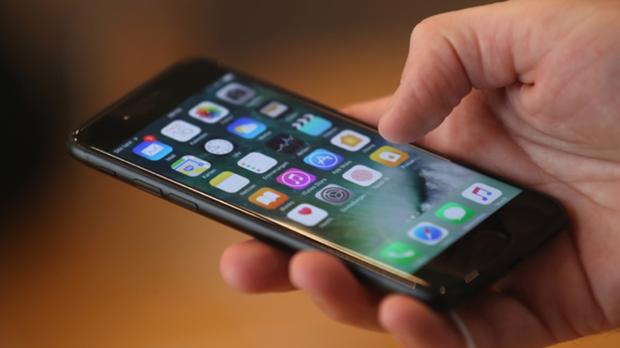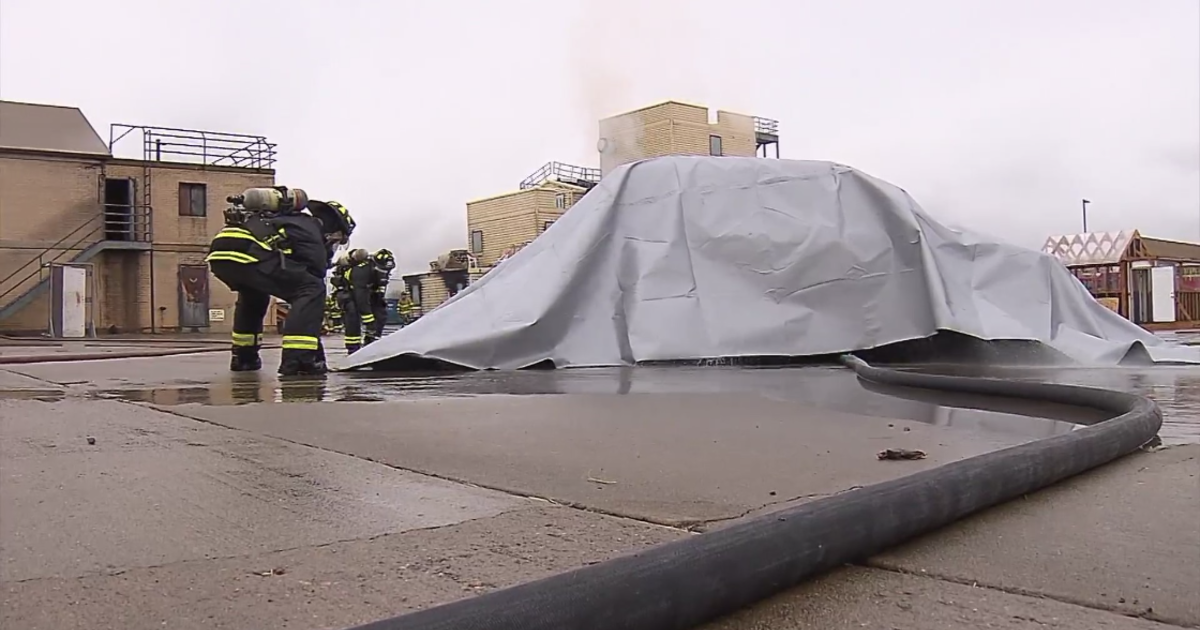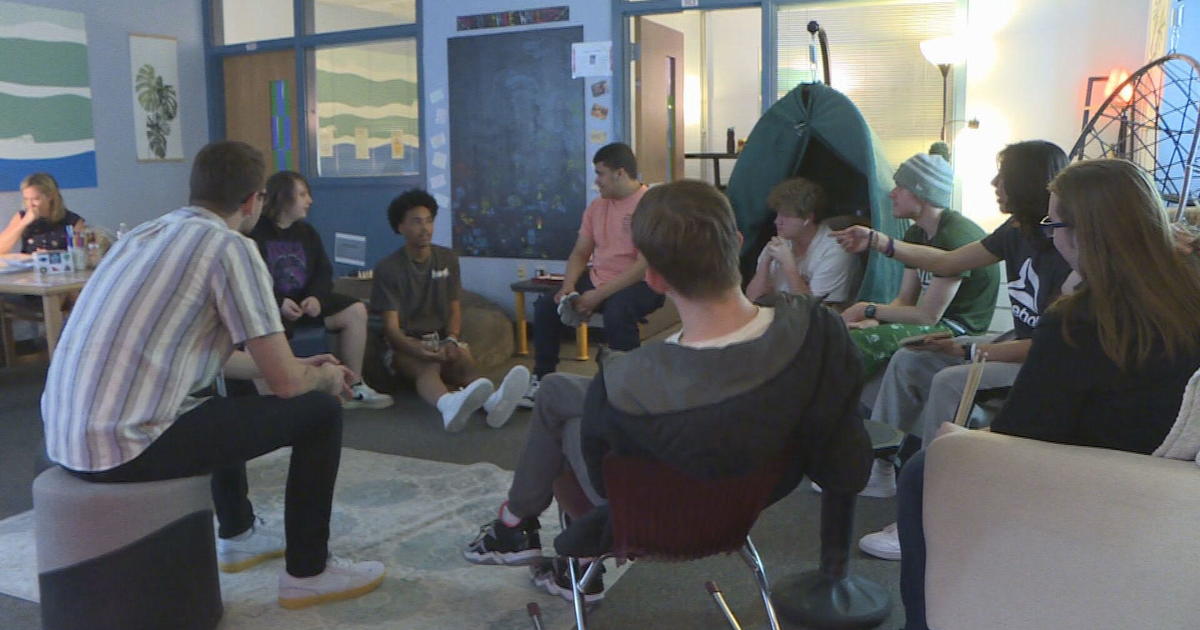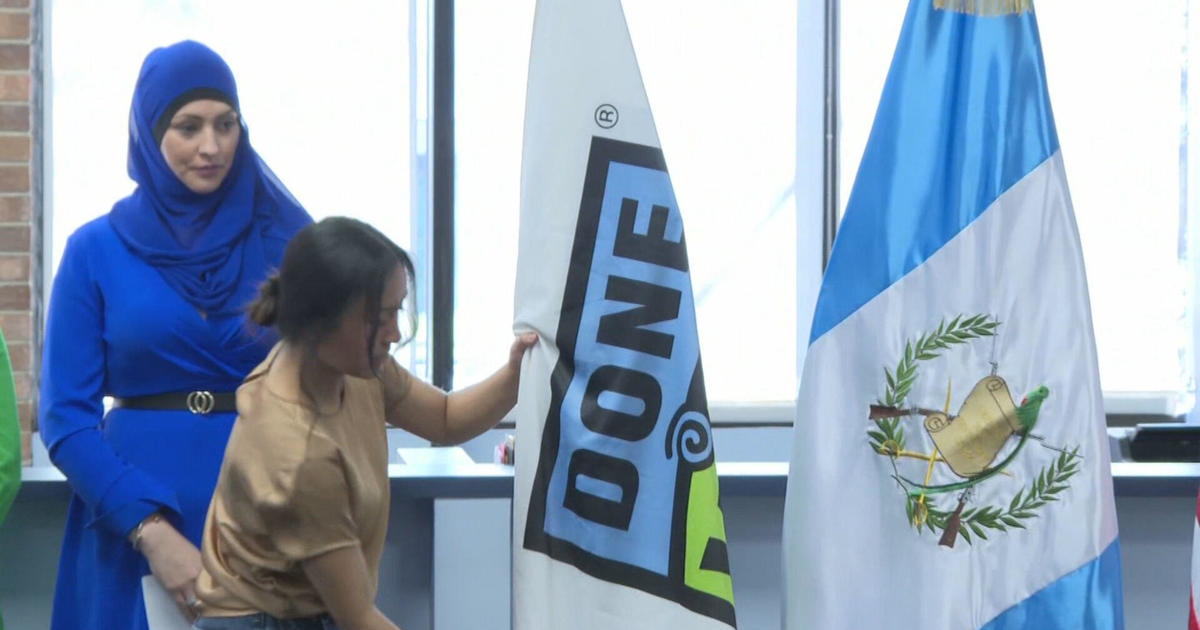Sen. Cory Gardner's Proposal For New National Suicide Hotline Clears Committee
DENVER (CBS4/CNN) -- The Federal Communications Commission moved forward Thursday with plans to designate 9-8-8 as the new three-digit code connecting callers across the nation to mental health and crisis professionals.
The five-member FCC panel unanimously approved a Notice of Proposed Rulemaking to designate 9-8-8 as the new national suicide prevention and mental health crisis hotline.
"We believe that this three-digit number dedicated for this purpose will help ease access to crisis services," FCC Chairman Ajit Pai said Thursday. "It will reduce the stigma surrounding suicide and mental health conditions, and ultimately it will save lives."
Thursday's move came after the Senate Committee on Commerce, Science, and Transportation unanimously approved U.S. Senate bill 2661, otherwise known as the National Suicide Hotline Designation Act, on Wednesday.
The bill is sponsored by Sen. Cory Gardner (R) of Colorado.
"Today's action by the FCC is a historic step toward making the 988 suicide hotline a reality," Gardner said in a video posted Thursday. "But it doesn't mean our work is over. Congress still has a major role to play in creating and supporting this hotline and ensuring that states have the flexibility to make it work."
Last year, Congress passed and President Donald Trump signed legislation calling for a study of a new national hotline.
In August, FCC staff recommended the 9-8-8 number, finding that a shorter code similar to 9-1-1 "would likely make it easier for Americans in crisis to access potentially life-saving resources."
The FCC's estimated cost of implementing the new 3-digit code is approximately $570 million for the first year and $175 million in the second, including costs for increased call-center capacity and a public awareness campaign.
"We are thrilled that the bipartisan National Suicide Hotline Designation Act passed unanimously out of committee this week," said Gretchen McGinnis, senior vice president of healthcare systems and accountable care at Colorado Access. "The rate of suicide continues to increase in Colorado."
RELATED Suicide Prevention Takes Center Court At Foundation Game Between Arapahoe, Regis High Schools
Nationally, more than 47,000 Americans died by suicide and more than 1.4 million adults attempted to take their own lives in 2017, according to the Health and Human Services' substance abuse and mental health services agency. America's suicide rates are at the highest level since World War II, with an increase of 33% from 1999 to 2017 alone, according to the U.S. Centers for Disease Control and Prevention.
The National Suicide Prevention Hotline is currently accessible by the 10-digit number, 1-800-273-8255 (TALK).
"By designating 9-8-8 as the national phone number for the national suicide prevention and mental health crisis hotline, we will absolutely save lives," said Paul Gionfriddo, president and CEO of Mental Health America. "Almost half of teens who take Mental Health America's online mental health screen report thinking about suicide. We have got to make it easier for them to get help, and the three-digit 988 is a leap forward in accomplishing this."
RELATED 'Make Meaning Out Of Loss': Congressional Bill Aims To Fund Suicide Prevention
The proposal, however, does not include an option to text the National Suicide Prevention Hotline for help. There are other crisis lines that are reachable via text such as the Crisis Text Line, Teen Line and the Trevor Project for LGBQT youth.
"Texting is primary for so many young people," FCC Commissioner Jessica Rosenworcel said during Thursday's meeting, "and it would be a mistake for us to build a system that presumes talk is the only starting point for discussion."
Colorado Sen. Michael Bennet (D) is one of the bill's eight co-sponsors.
A companion bill has been introduced in the House by Republican Rep. Chris Stewart of Utah and Democratic Rep. Seth Moulton of Massachusetts.
Both pieces of legislation would authorize states to collect fees aimed at ensuring that local crisis centers will be able to support increased volume.




